In the seven years since he took possession of the Bolton Hill house he calls Palatino, John C. McLucas has published three books, has at least two more in the works and has visited Italy six times.
What have you done, gentle reader?
Is he like James Patterson, churning out books in factory fashion for fans anxious to buy, read and discard them, itching for the next one? Can you find them in airport newsstands like the lucrative works of Stephen King or Danielle Steele? Actually, no.
“My books sell in the hundreds, not the millions or even thousands,” he admits. Friends and family buy them but also strangers, who read them and send him positive letters or post comments on literary websites. Perhaps that is its own reward. He finds joy, he says, in the act of writing.
To know McLucas is to understand that writing mosaic novels is something he would do, as with naming his house after the hill where Romulus founded what became Rome; or showing off Cesare, his dog; or singing a passage in a light and clear baritone voice from a Mozart opera at almost any invitation. He is a lifelong student of Italian verse and history, a scholar who took a one-year job at Towson University after failing to break into opera and retired from there 36 years later as a full professor of Italian and Latin. (He also taught Italian diction and repertoire for Peabody Conservatory voice students.)
Now 71, he is a proud but not flashy gay man, a raconteur. He also is the maître d’ for more-or-less monthly neighborhood potluck dinners, which draw from a dozen to half-a-hundred celebrants.
McLucas grew up in Pennsylvania and D.C. but moved to Paris when his father’s career took him there. Latin was in the curriculum at his French middle school, so he picked up the ancient language while learning the modern one. After high school in Concord, MA, he majored in Latin at Wesleyan University, spending a semester in Rome. There was a short period in New York trying to break into theater, and then he went back to school – this time at Yale, studying Italian language and literature. He took voice lessons and appeared in student opera productions, receiving a Ph.D. at the age of 32. A short time later, four decades ago now, he arrived in Baltimore.
“I have loved Baltimore since moving here in 1984. I was very touched several years ago when a Baltimore native friend said I had earned the title ‘honorary Baltimorean,’ about the best a Yankee like me can hope for. One lasting connection I have made is with a progressive, historic downtown Presbyterian church (First & Franklin), where I have deepened and broadened my spiritual life and had my eyes opened, year by year, to social justice challenges in our society,” he said.
“Until I retired, I almost never wrote for fun, maybe a poem for friends. Lots of scholarly papers. My students at Towson, for them everything was a fresh experience. Teaching Dante, I told them to think about what fiction is, what the author might be trying to communicate. Finally, I decided to practice what I was preaching.
“In the eighties a friend died in his mid-thirties. It shocked me. It was the time of AIDS, although that wasn’t what killed my friend. I wrote my first attempt at a novel based on it,” in the style of The Decameron, he said. The theme of Boccaccio’s 14th century stories is the power of romantic passion and human intelligence to survive changes in fortune. That first book, A Human Thing, is still unpublished.
His first published novel, Dialogues on the Beach, came out six years ago. It has the framework of Italian novelist Cesare Pavese’s La spiaggia (The Beach). In it, a solid friendship between Jim, a gay young Yale graduate and a married couple is complicated by the arrival of Joe. It’s set in Rehoboth Beach in the early nineties.
Spirit’s Tether, the second published novel, follows the son of the married couple of the first book as he arrives in Baltimore to attend Peabody Conservatory. He stays with his godfather, Jim, and wrestles with his own sexuality and identity. It came out in 2020.
The Boxer’s Mask, published last year, follows a handsome Roman actor during the pandemic and his interactions with a group of English-speaking expats in Rome. Its theme was borrowed somewhat, according to McLucas, from Henry James’ 19th century theater novel The Tragic Muse. It is, says the author, a love letter to the Italian capital.
In the works now are several other stories, some of them echoing a gay/heterosexual contrast theme seen in the published works. Furthest along is Domino, written in part from the perspective of a charismatic black-and-white dog. It is set in Bolton Hill. Another tells of a man from Baltimore who spends a month in ancient Siena, one of McLucas’ favorite Italian sites.
He writes mostly at night. “It is fun for me,” he says. “I write for myself. Time passes quickly. I become submerged in it. My fiction focuses mostly on conversations and relationships. The books are not plot-driven, and most of the characters are more or less likeable. Some readers have told me they start to think of them as friends.” His audience is a literary fiction reader who is interested in gay or gay-adjacent themes. Brickhouse Books, which calls itself “Maryland’s oldest continuously operating small press,” has published all three of his novels.
–Bill Hamilton
